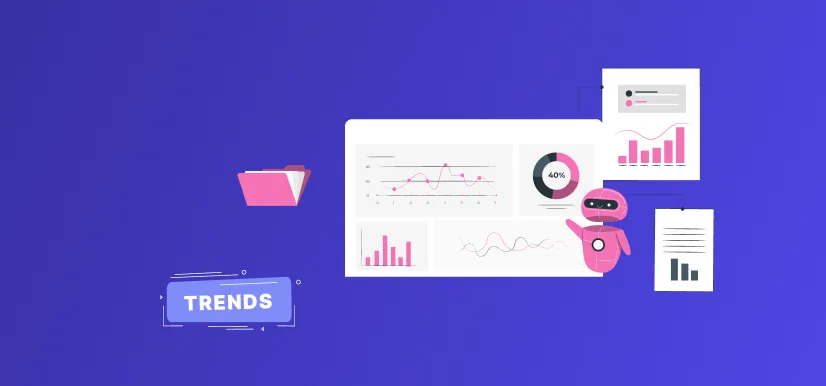Cookieless Personalization
What Is Cookieless Personalization?
Cookieless personalization is a technique used to deliver personalized content to users without the use of cookies.
Third-party cookies have long been used by advertisers to track people across the web and deliver targeted ads. However, recent changes to browser settings and industry initiatives are making it increasingly difficult to use third-party cookies.
As a result, many companies are turning to other ways to personalize their content with zero-party data.
Why Is Cookieless Personalization Important?
It's no secret that cookies have become increasingly unpopular in recent years. In fact, many browsers now block third-party cookies by default. This has caused a big problem for businesses that rely on cookies for personalization and advertising.
There are a few reasons why cookies have become so unpopular. First, they can be used to track people online without their knowledge or consent. This is a huge privacy concern for many people. Second, cookies can be used to show targeted ads that are based on a person's web browsing history. This can be annoying and intrusive for many people.
On the other hand, there are several benefits to using cookieless personalization.
First, it allows you to reach users who have disabled cookies in their browsers.
Second, it is more privacy-friendly since it does not involve collecting and storing data about the user's online activity.
Finally, it can be more accurate than cookie-based personalization since it takes into account more factors about the user's behavior.
So, if you're looking for a way to stay ahead of the curve and keep your personalization and advertising efforts going strong, consider using one of these methods.
Frequently Asked Questions About Cookieless Personalization
What Are the Challenges of Cookieless Personalization?
One of the main challenges of cookieless personalization is the difficulty in collecting and analyzing data from alternative sources. This requires sophisticated data analytics tools and machine learning capabilities. Another challenge is ensuring that customer data is handled in a responsible and ethical manner, respecting customer privacy and data protection laws.
What Are the Ethical Considerations of Cookieless Personalization?
One of the main ethical considerations of cookieless personalization is ensuring that customer data is handled in a responsible and ethical manner. This includes obtaining customer consent to collect and use their data and following data protection laws and regulations. Additionally, marketers must ensure that the data is accurate and secure, protecting customer privacy and preventing data breaches.
What Does It Mean to Be Cookieless?
Essentially, a cookieless future means that cookies will no longer be used to track users across the internet. This shift away from using third-party cookies could have a profound impact on the way marketers collect and utilize consumer data in their campaigns.
What Is the Difference Between Cookieless and Cookies?
The main difference between cookies and cookieless is the method of data collection. Cookies use browser-based data collection, while cookieless uses alternative data sources. Cookies rely on tracking a user's browsing history and activity across the web, while cookieless relies on other types of data that are not cookie-based, such as first-party data, contextual data, or server logs.
Get a weekly roundup of Ninetailed updates, curated posts, and helpful insights about the digital experience, MACH, composable, and more right into your inbox

